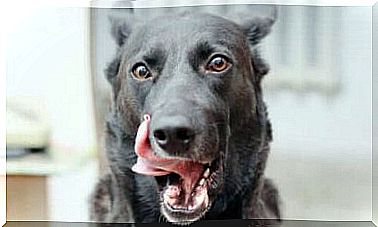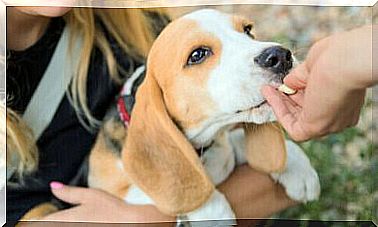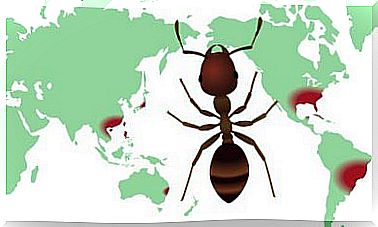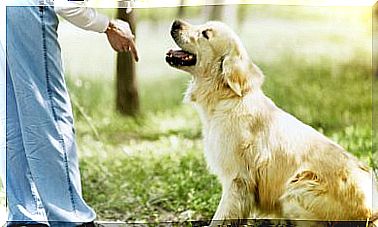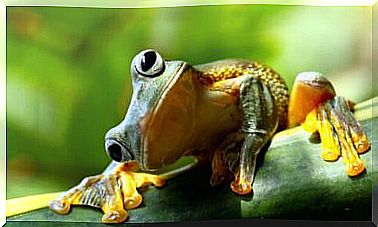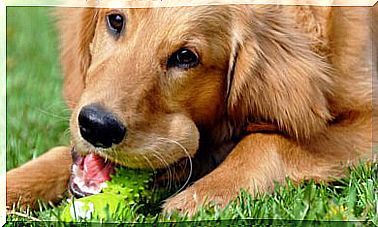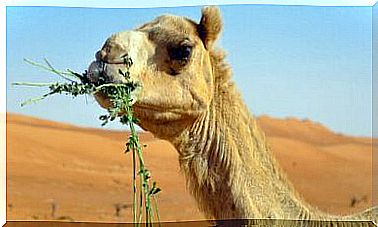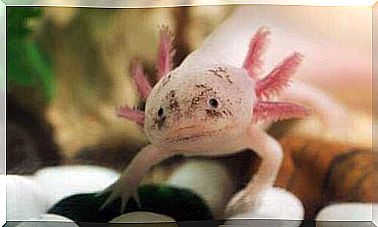Do Horses Have The Ability To Think?
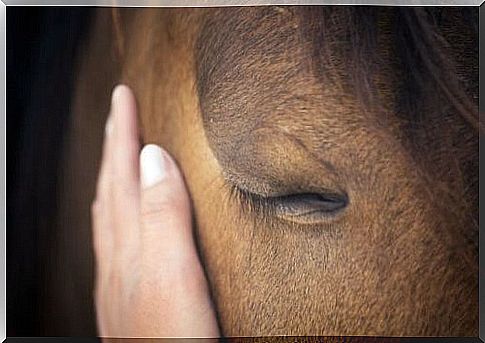
Many people wonder if horses have the ability to think. These are animals that stand out not only for their majestic appearance, but also for their nobility and sensitivity.
While there are many demonstrations of their ability to learn, memorize and show empathy, let’s find out if they are also able to think.
Do horses have the ability to think or not?
To answer this question, we need to clearly define what we mean by thinking.
If you believe that equines react and understand identically to people, you will surely get a negative answer.
Horses are very different animals from humans, so their way of perceiving and interpreting the world will hardly be identical to ours.
But these differences do not indicate that people and equines do not have certain similarities regarding intelligence.
For example, the senses are as important to horses as they are to people.
In practice, these animals have the advantage of having much more developed senses than ours.
Through their sensory perceptions, they can collect basic information to understand the environment around them, as well as the changes that occur.
On the other hand, we can say that the act of thinking can manifest itself or take place differently in the various species.
That is, a horse could have a differently structured thought than that of people, without ceasing to be intelligent.
Consequently, the existence of multiple forms of intelligence equally valid and admirable must be considered.
Thus, we could say that horses possess the ability to think, even if we do not yet know everything about their way of understanding and communicating with the world.
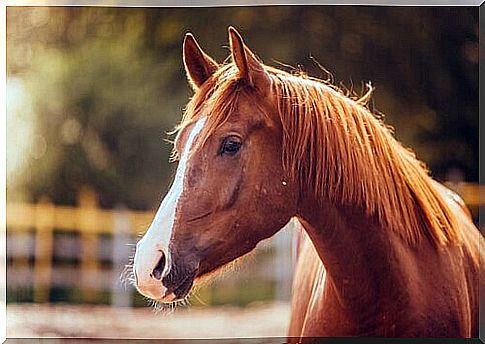
The social structure and learning of horses
On the intelligence of horses we can say that they are able to learn through a social structure.
Equines are highly sociable and sensitive animals; in the wild, they form large groups to defend and care for the community.
Despite this, few people know that equines have a very well established family structure.
In each pack there is a leader who is in charge of leading the others, giving priority to collective well-being.
Regarding the human-horse relationship, it is estimated that the jockey or breeder plays the role that the leader would normally assume.
This applies to healthy bonds, where obedience and learning are fomented by mutual trust and appearance.
Foals learn from their mothers
Foals become familiar with their surroundings by observing the behavior of their mother and adults.
For this reason, it is very common to see them imitate the actions of their parent and the other horses in the group.
This learning is essential for the foal to know how to behave within the social structure of its herd.
It also allows him to gain self-confidence to become an adult and survive on his own terms.
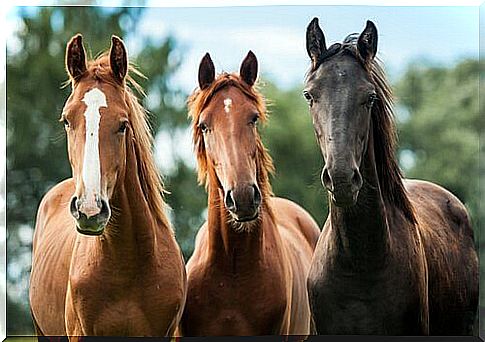
Other interesting facts on the intelligence of horses
They learn easily and have an excellent memory
Anyone who has had the chance to see someone training a horse knows how easily he learns.
Like dogs, equines respond excellently to exercise through positive reinforcement.
By encouraging the desired behaviors through rewards, we will quickly get the horse to memorize them and perform them perfectly.
On the other hand, contexts with high stress and negative methods, such as the use of punishments, are extremely counterproductive.
A frightened or insecure horse who is not in a positive environment to express himself will hardly develop his physical, cognitive, social or emotional abilities to the fullest.
In addition, these animals stand out for having a great storage capacity. On the one hand, this facilitates their training and allows them to create very deep bonds with their masters.
Despite this, this powerful memory can generate trauma or phobias in animals victims of abuse and mistreatment.
Each horse has a unique personality
Each horse has a unique and singular personality.
Although we can talk about basic characteristics in equine behavior, it is impossible to predict the behavior of a specific horse.
His way of expressing himself and interacting with people, with his peers and with the environment that surrounds him, depends on several factors. Although it also affects genetics, the behavior of each animal will depend more on the habitat, the care and the stimuli that its breeder provides.
For this reason, no two horses are alike neither in appearance nor in behavior.
In adopting an equine, it is essential to remember that its intelligence and sensitivity need dedication to reach excellent levels.
